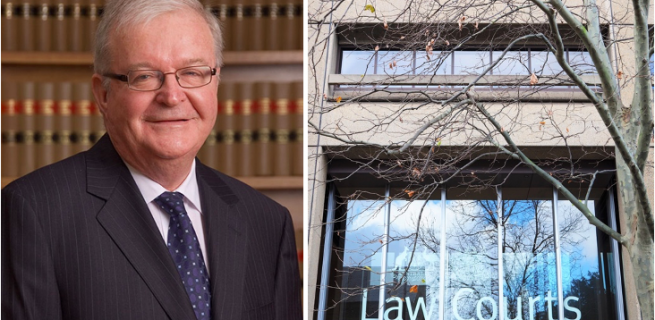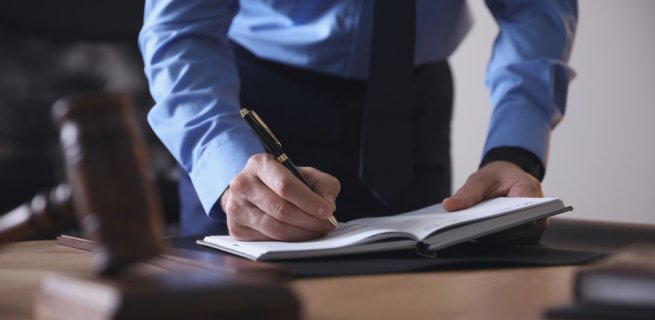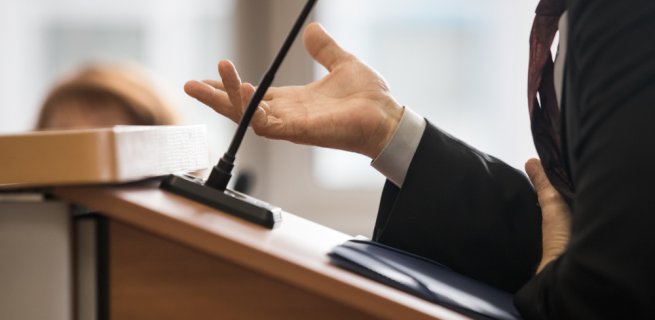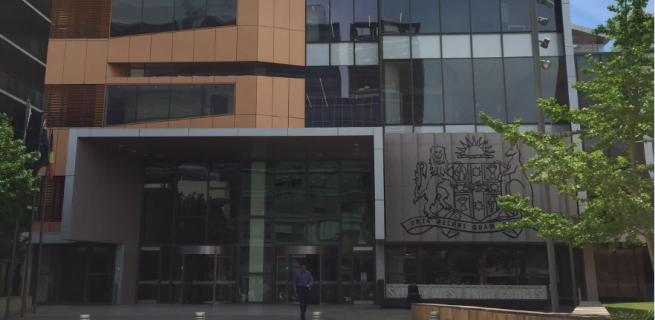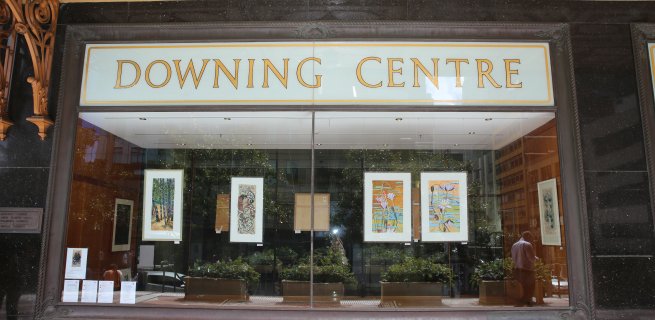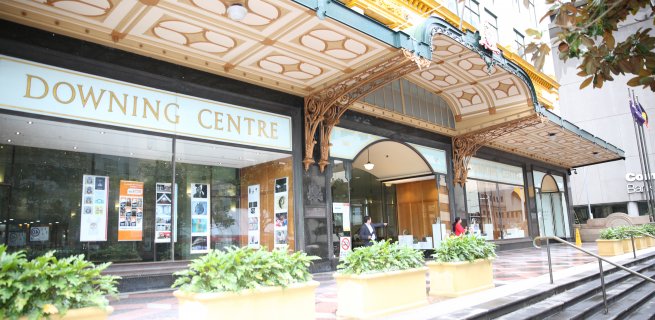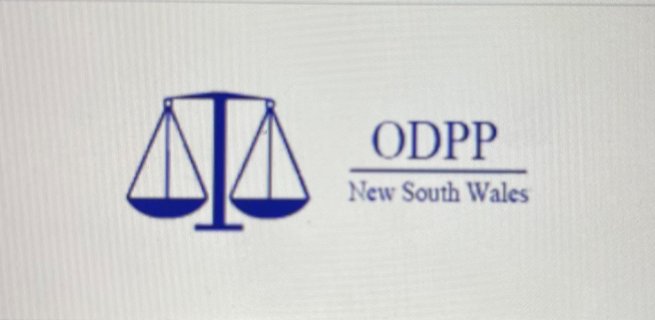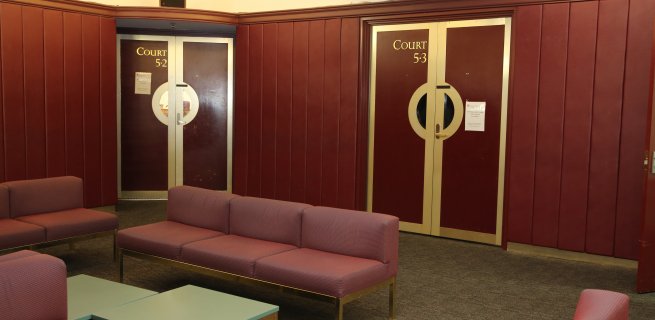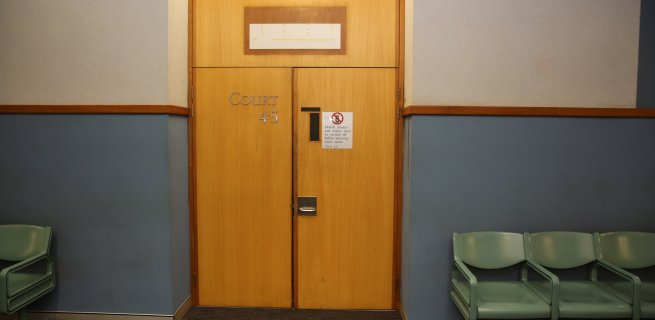By Paul Gregoire and Ugur Nedim Long gone are the days when the public was expected to blindly trust institutions. Over recent years, there has been a marked decline in trust especially in public organisations. And this has gotten to the point where these entities need to question how they can build trust in the… Read more »
